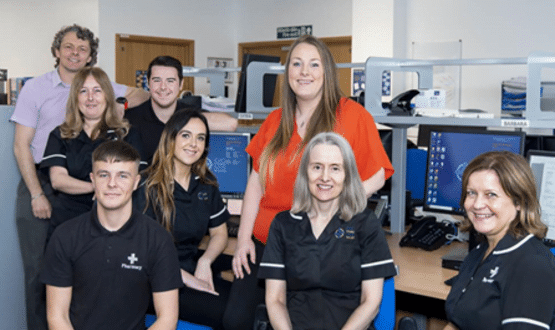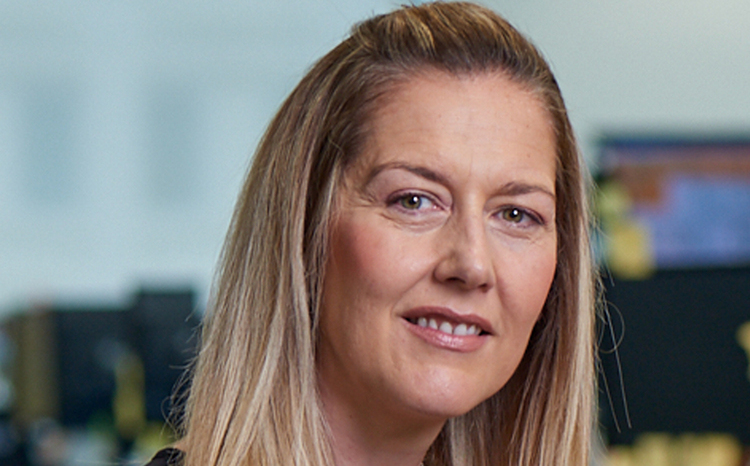NHS Wales automates critical prescriptions in Swansea hospital
- 13 December 2019

A specialist pharmacy department within NHS Wales has said it is on track to deliver prescriptions to patients with complex medical conditions in a third of the time, after conducting software trials with public sector automation consultancy human+.
The Medicines Homecare team, based at Morriston Hospital in Swansea, manages outpatient prescriptions for people with chronic conditions such as cancers and rheumatology.
Each prescription needs to be checked by hospital pharmacists to ensure they meet all relevant criteria. The service has more than 3,400 patients on its books, meaning this process is often time-consuming, labour-intensive and monotonous.
After applying for funding from the Welsh government’s ‘Innovate to Save’ initiative, which supports research and development projects within public services in Wales, human+ was selected as automation partner for the project.
The consultancy was able to introduce software that saved 66% of pharmacists’ time by automating the review and validation of each prescription in a ‘proof of concept’ trial.
Reuben Morgan, team manager at Medicines Homecare, said: “These medicines are for chronic, severe, life-debilitating diseases. Without the prescriptions being validated by pharmacists, there isn’t an alternative method of supply.
“It [the RPA] hasn’t got any other duties. Its bleeper isn’t going off, its phone isn’t going off. It’s not being distracted at all. It can just get on with the work and process prescriptions in accordance with the process definition document.
“This is a more prudent approach which frees up our pharmacists to spend more time at the patient’s bedside, doing that clinical intervention which is what they are trained for.”
human+ is a robotic process automation (RPA) partner targeting government and not-For-profits, and company was born out of the automation practice of digital consultancy TPX Notbinary.
David Biden, CEO of human+, said: “We’re really pleased that the initial project with NHS Wales has delivered such impressive results.
“The pharmacists we’ve engaged with are excited – they’re not seeing automation as something that will do them out of a job, but rather a tool that will empower them to achieve more in their day-to-day role.
“Human interaction is such an important element of care. By giving some of the high importance, low variance work to automated software, we can free up humans to be on the front line in patient facing roles”.





